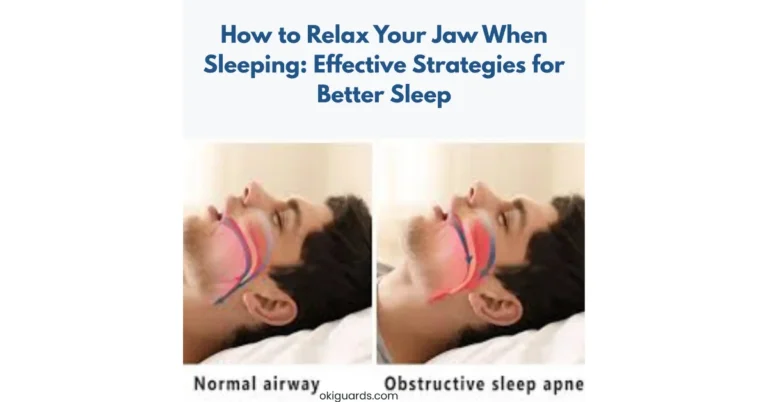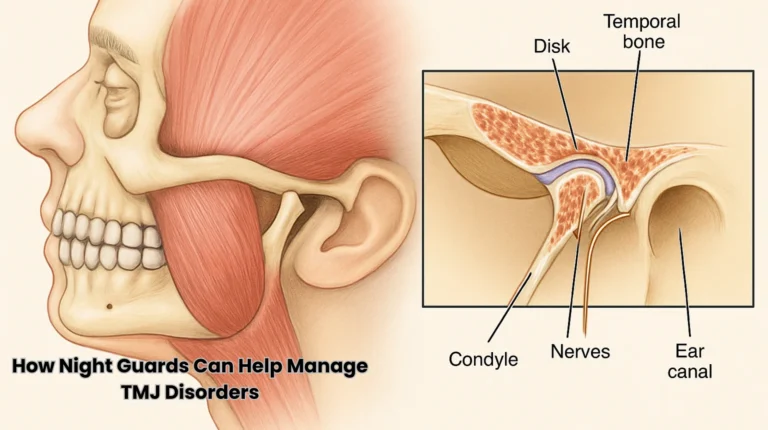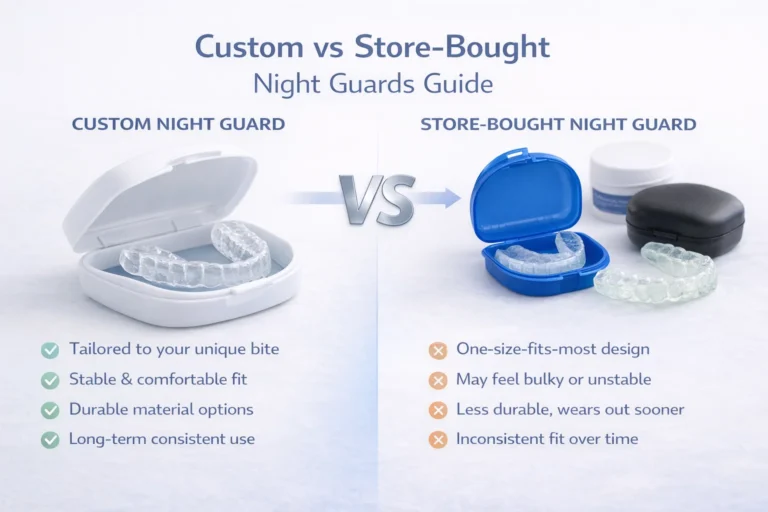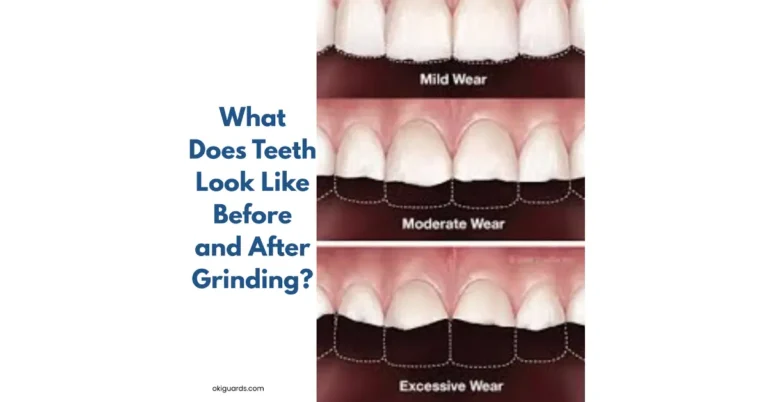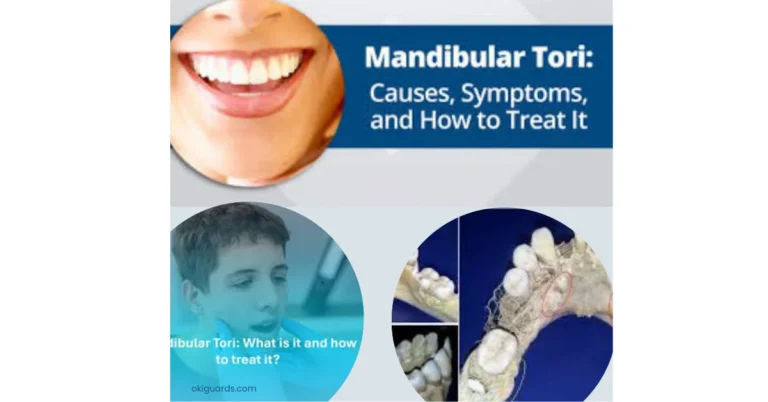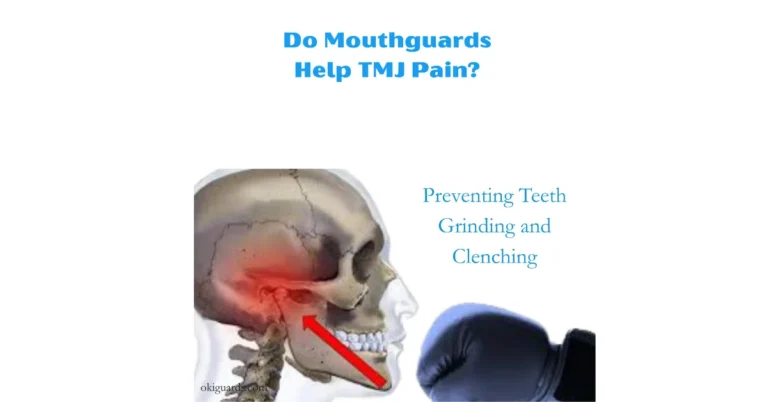Teeth Grinding and Head Pain: What You Need to Know
Grinding teeth head pain is a common issue that many people experience, often without realizing it. When individuals grind their teeth, either during the day or at night, it can take them to more than just jaw soreness. One of the most noticeable effects is the development of head pain, ranging from mild discomfort to intense headaches. The tension from grinding puts stress on the muscles around the jaw and skull, which can trigger painful symptoms.
Understanding the connection between grinding teeth head pain is key to finding relief. This pain can manifest as tension headaches, migraines, or facial discomfort. In this article, we will provide you with all the information about how teeth grinding causes head pain and provide insights into treatments and lifestyle changes that can help reduce these issues. Understanding the cause of teeth grinding is the first step towards managing and easing the associated pain.
What Is Teeth Grinding (Bruxism)?
Teeth grinding, also known as bruxism, is a condition where a person clenches or grinds their teeth, often without being aware of it. This can happen during the day or while sleeping and may be linked to stress, misaligned teeth, or sleep disorders. Over time, bruxism can cause serious dental issues, including worn enamel, cracked teeth, jaw pain, and even persistent headaches. Identifying and managing this habit early is important to prevent long-term complications.
How Teeth Grinding Leads to Head Pain
Teeth grinding places excessive pressure on the jaw muscles, joints, and surrounding areas, creating tension that can radiate to the head. This strain often takes you to persistent headaches or migraines, particularly in the temples and forehead. When the jaw muscles are overworked, they can trigger pain signals that extend beyond the jaw, contributing to grinding teeth head pain. Managing this condition early can help prevent worsening discomfort and improve overall well-being.
Symptoms Associated with Teeth Grinding and Head Pain
Teeth grinding can cause a range of symptoms that affect not only the mouth but also the head and face. Recognizing these signs early is the way to address the issue and prevent long-term discomfort.
- Frequent Headaches: Grinding places continuous pressure on the jaw, which often triggers tension headaches. These headaches typically occur around the temples or forehead and can vary in intensity.
- Jaw Stiffness and Soreness: Excessive clenching causes the jaw muscles to become sore or stiff. This may result in difficulty opening or closing the mouth and discomfort while chewing.
- Tooth Sensitivity and Wear:Teeth grinding can wear down enamel, making teeth more sensitive to hot or cold temperatures. In severe cases, it may cause cracks or fractures in the teeth.
- Facial Pain and Tension: The constant strain from grinding may spread tension to facial muscles, causing pain or discomfort that sometimes extends to the neck and shoulders.
- Earaches Without Infection: The jaw’s proximity to the ears can result in unexplained earaches or a feeling of fullness, even when no infection is present.
- Sleep Disturbances: Many individuals who grind their teeth during sleep may wake up frequently or suffer from poor-quality rest due to grinding sounds or jaw movement.
Causes of Teeth Grinding
Teeth grinding, or bruxism, can develop due to various physical, psychological, and lifestyle factors. Understanding these causes is crucial for finding effective ways to manage and prevent this condition.
- Stress and Anxiety: Emotional tension, anxiety, or prolonged stress often trigger teeth grinding, particularly during sleep.
- Sleep Disorders: Issues like sleep apnea and snoring can disrupt sleep and contribute to nighttime grinding.
- Misaligned Teeth: Improperly aligned teeth create imbalances that can cause involuntary jaw clenching and grinding.
- Lifestyle Factors: Excessive caffeine, alcohol consumption, and smoking are linked to an increased risk of bruxism.
- Medication Side Effects: Some medications, especially antidepressants, can trigger grinding as a side effect.
- Genetics: A family history of bruxism may indicate a genetic predisposition to teeth grinding.
Diagnosing Teeth Grinding and Related Head Pain
Diagnosing teeth grinding and the associated head pain requires a combination of self-awareness, professional evaluation, and diagnostic tools. Early detection is crucial for effective treatment and preventing long-term damage to the teeth and jaw.
- Dental Examination: A dentist can check for signs of worn enamel, tooth fractures, and jaw misalignment that may indicate bruxism.
- Patient History: Discussing symptoms like headaches, jaw pain, and sleep disturbances helps the dentist assess the likelihood of grinding.
- Sleep Study: In cases of nighttime grinding, a sleep study is recommended to monitor jaw activity and identify any related disorders like sleep apnea.
- Bite Analysis: Dentists may use bite assessments to check alignment issues contributing to grinding.
- Imaging Tests: X-rays or advanced imaging can help detect jaw joint damage or other structural issues linked to grinding and pain.
Treatment Options for Teeth Grinding and Head Pain
Addressing teeth grinding and the resulting head pain involves a combination of lifestyle changes, dental interventions, and stress management techniques. Early treatment can help protect teeth, reduce discomfort, and improve overall well-being.
- Mouth Guards and Splints: Custom-fitted devices worn at night protect teeth from the damage caused by grinding and relieve jaw tension.
- Stress Management: Reducing stress through techniques like meditation, yoga, or counseling can help minimize the occurrence of grinding teeth head pain.
- Dental Corrections: Treating misaligned teeth or bite issues with orthodontic procedures can alleviate the underlying cause of grinding.
- Medication: Muscle relaxants or pain relievers may be prescribed to ease jaw tension and reduce discomfort.
- Physical Therapy: Jaw exercises and massage therapy can improve muscle function and decrease grinding-related tension.
- Lifestyle Adjustments: Cutting back on caffeine, alcohol, and smoking may reduce grinding habits, especially at night.
FAQs
Conclusion
If you’re experiencing grinding teeth head pain, addressing the root cause is crucial for relief. Early intervention with proper treatment options can help alleviate discomfort and prevent further damage. By managing stress, using protective mouth guards, and consulting a dentist, you can significantly reduce the pain and improve your quality of life.

